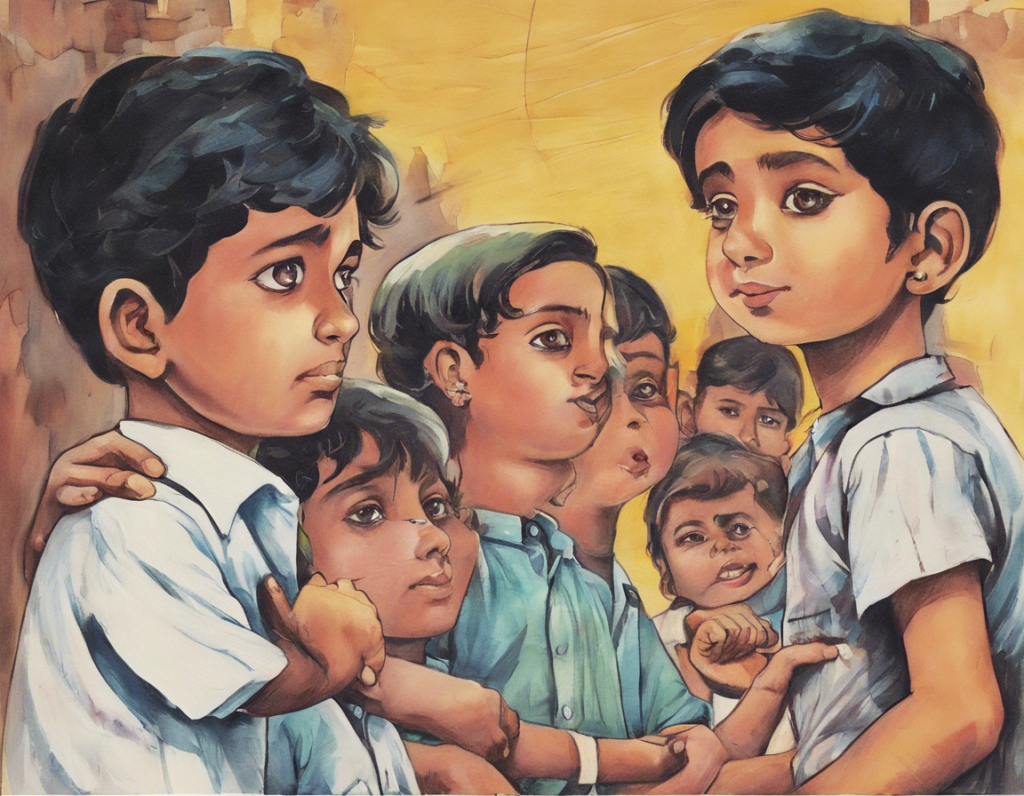
Children’s Day in India: Celebrating the Joy of Childhood
In India, Children’s Day is celebrated on November 14 every year to honor the birth anniversary of the country’s first Prime Minister, Jawaharlal Nehru. Known for his love for children, Nehru envisioned a better future for the youth of the nation. This day is dedicated to acknowledging the importance of children in society and promoting their well-being and happiness. Schools and educational institutions organize special events, competitions, and cultural programs to mark this occasion and make children feel special.
History of Children’s Day in India
The idea of celebrating Children’s Day on Nehru’s birthday was suggested by the Indian statesman V.K. Krishna Menon in 1954. The government accepted this proposal as a fitting tribute to Nehru, who was fondly called Chacha Nehru (Uncle Nehru) by children. Since then, Children’s Day has been celebrated with enthusiasm all over the country.
How is Children’s Day Celebrated in India?
School Celebrations: Schools organize various activities like fancy dress competitions, talent shows, storytelling sessions, and art and craft workshops. Teachers and staff often put up cultural programs and skits for the students.
Gifts and Treats: Children are given sweets, chocolates, gifts, and stationery items as a token of love and appreciation. Some schools also distribute meals and snacks to underprivileged children on this day.
Community Events: Residential societies, local clubs, and NGOs hold events for children, including sports competitions, magic shows, and puppet performances. These events aim to bring joy and laughter to the lives of young ones.
Awareness Campaigns: Organizations use Children’s Day as an opportunity to raise awareness about child rights, education, health, and safety. Workshops and seminars are conducted to educate parents and caregivers about the well-being of children.
Significance of Celebrating Children’s Day
Honoring Childhood: Children are the future of any nation, and celebrating Children’s Day is a way to cherish and honor the innocence and purity of childhood.
Empowering Children: By recognizing the rights and needs of children, we empower them to grow into confident and responsible individuals who can contribute positively to society.
Promoting Education: Children’s Day serves as a reminder of the importance of education in shaping a child’s future. It encourages parents and educators to provide quality education to every child.
Creating Memories: The festivities and activities on Children’s Day create lasting memories for children, giving them a sense of belonging and happiness.
FAQs (Frequently Asked Questions)
Why is Children’s Day celebrated on November 14 in India?
Children’s Day is celebrated on November 14 in India to commemorate the birth anniversary of Jawaharlal Nehru, who was known for his affection towards children.
How can parents celebrate Children’s Day at home?
Parents can celebrate Children’s Day at home by spending quality time with their children, organizing fun activities, cooking their favorite meals, and expressing love and appreciation.
What is the significance of Chacha Nehru in Children’s Day celebrations?
Jawaharlal Nehru, fondly called Chacha Nehru, was passionate about children’s welfare and education. Celebrating Children’s Day on his birthday honors his vision for a bright future for the youth.
Are there any global initiatives related to Children’s Day?
Yes, the United Nations Universal Children’s Day is observed on November 20 to promote international togetherness, awareness among children worldwide, and improving children’s welfare.
How can schools promote child rights on Children’s Day?
Schools can organize awareness campaigns, discussions, debates, and art competitions on child rights, safety, and education to educate students about their rights and responsibilities.
Children’s Day in India is more than just a day of celebration; it is a reminder of our collective responsibility to nurture, protect, and empower the younger generation. Let us strive to make every day a Children’s Day by fostering an environment where children can thrive, learn, and dream big.